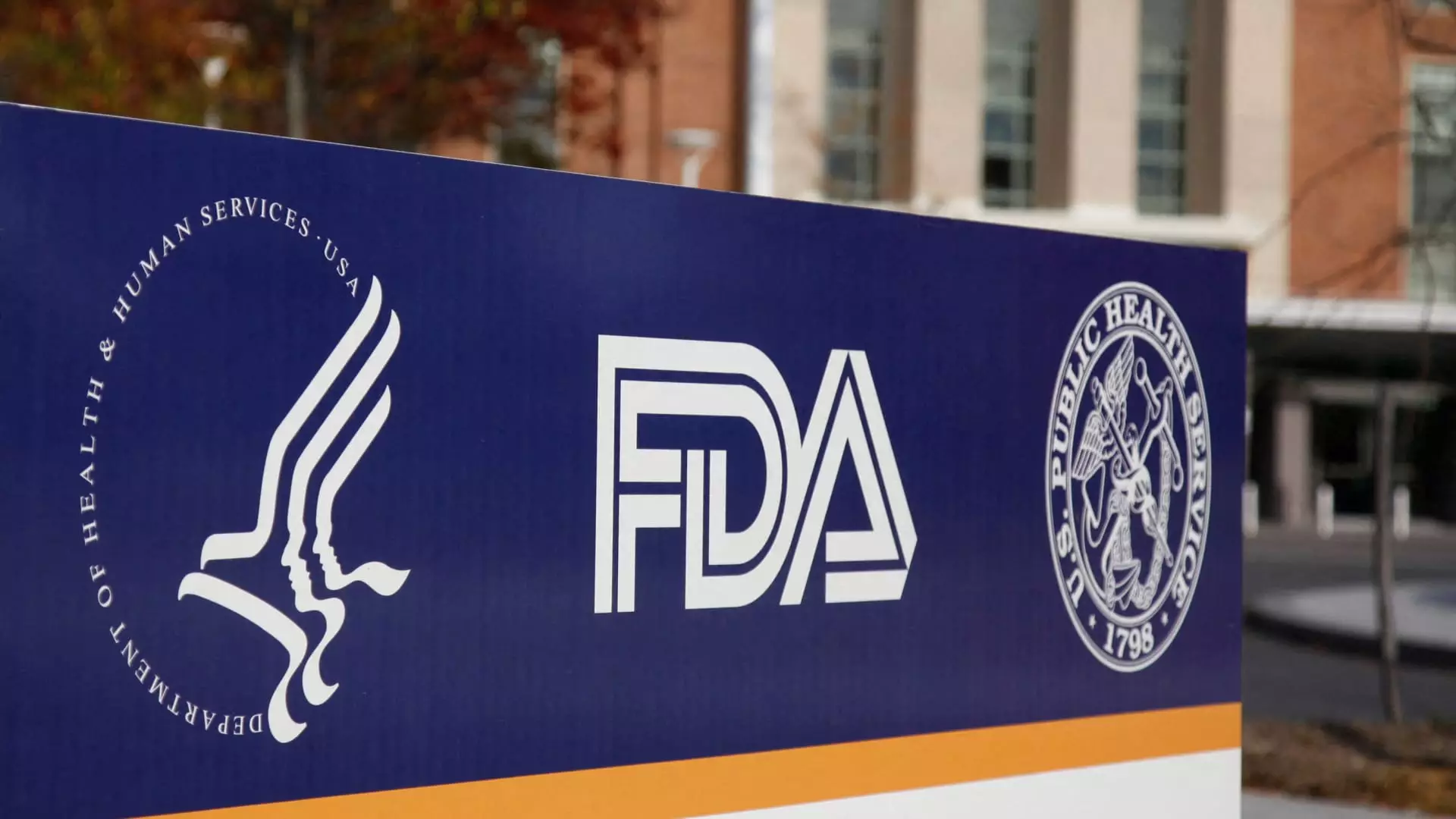In perhaps one of the most devastating decisions in recent federal health policy, the Food and Drug Administration (FDA) has eliminated an entire division crucial to not just its internal development but also the educational growth of healthcare professionals outside its walls. The Division of Learning and Organizational Development (DLOD), which had nurtured a culture of learning and professional advancement, has been effectively dismantled, resulting in the layoffs of more than 30 dedicated staff. This decision was made under the broader plan instituted by Robert F. Kennedy Jr. to restructure the Department of Health and Human Services (HHS), cutting around 10,000 jobs throughout the agency.
While proponents of such cuts might trumpet efficiency and streamlined operations, the reality is chilling: these layoffs strip away an essential resource that assisted both FDA personnel and a wide array of healthcare professionals—doctors, nurses, and pharmacists—who relied on continued education for public health efficacy. The loss of a centralized training unit leaves the agency’s workforce more susceptible to ignorance and uninformed decision-making at a time when public health is perilously vulnerable.
The Danger of Cuts to Public Health Education
The DLOD was a cornerstone in providing crucial training on a plethora of significant subjects, from opioid safety to infectious disease management and regulatory practices. By eliminating it entirely, the FDA risks fostering a workforce that may lack the updated knowledge and skills required to navigate pressing health challenges effectively. With training sessions canceled and a vacuum created around continuing education, the final vestiges of public health expertise may fade into obscurity.
The FDA has pledged that essential roles such as inspectors and drug reviewers would remain unaffected, but this claim rings hollow when the backbone of ongoing education has been severed. Those trained by the DLOD opened channels of communication and learning that ensured public health officials were ready to confront ever-evolving challenges. The current cuts signal a retreat from commitment to proactive public health preparedness and may perpetuate systemic inefficiencies.
Cost Savings or Public Health Sabotage?
The Trump administration has rationalized these cuts as part of a broader initiative to achieve federal cost savings. However, this justification appears disingenuous, particularly given that the division was funded entirely through user fees and not taxpayer dollars. These fees, collected from pharmaceutical and medical device companies, highlight the willingness of industry players to invest in ongoing professional development—a commitment that the government now tragically undermines. By targeting the DLOD, the administration isn’t just trimming the fat; it’s slicing into the very muscle that helps maintain public health standards.
Moreover, the cuts raise serious questions about the consideration—or lack thereof—for balanced and informed decision-making within the FDA. Public health is not merely a financial line item; it’s a societal obligation that demands respect and adequate funding. The dismantling of a unit formed to strategically blend science, practice, and various healthcare disciplines undermines these principles, reflecting a troubling trend toward prioritizing budgetary constraints over societal welfare.
The Consequences of Knowledge Deficits
Amid these unprecedented cuts, there’s a profound concern about the long-term implications for healthcare professionals obliged to meet continuing education requirements to maintain their licenses. With a central body no longer available to issue credits for educational activities, the onus shifts to individual practitioners to navigate a labyrinth of courses and workshops, leading to confusion and potential gaps in essential knowledge. In an age where misinformation spreads rampant, the last thing we need is a fragmented educational support system for healthcare professionals.
Furthermore, removing a capable unit like DLOD sends a chilling message: public health is an expendable luxury. While the FDA’s role in protecting public health often hinges on regulatory actions, this relies inherently on a knowledgeable and competent workforce. Through the casual dismantling of educational programs, the foundation of our healthcare system faces erosion—an unthinkable trajectory in a world already beset by health crises.
Ultimately, the horrors of this organizational obliteration transcend mere agency restructuring; they underscore a warped prioritization in federal health policy that could haunt our nation for years to come. It is not merely about cutting jobs—it’s about cutting trust in the structures that are supposed to prioritize our health and well-being.



Leave a Reply